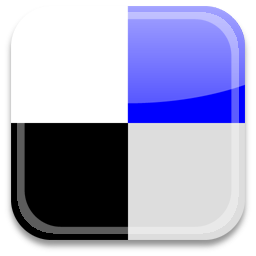Pinyin is the standard romanization system used in China, and you may find it's somewhat similar to the English counterpart in either spelling, writing or pronunciation. However, it is most important to notice the difference
Accurate pronunciation at the outset should never be overstated. There are many books you can refer to, but here I just want to make it simple and I would like you to follow those steps when practise pronunciation:
Listen->Mimic->Practice->Correct
Just repeat the above steps until you find yourself speak exactly the same as the sample sound.
CC's Note:
Do NOT even think about the corresponding characters and their meaning when you pronounce some words. Just focus on the pronunciation first!
A syllable is composed of three parts:
(1) Initial;
(2) Final;
(3) Tone (4 of them).
For example:
wō contains 3 parts:
w (initial) +
o (final) +
-(tone)
Our experience is that people usually confuse (1) and (2) with their home tongue (e.g., the pronunciation of 'j'), and cannot remember what the 4 tones sound like. It can be overcome just by some effort.
Read more...
Add Post To:





















